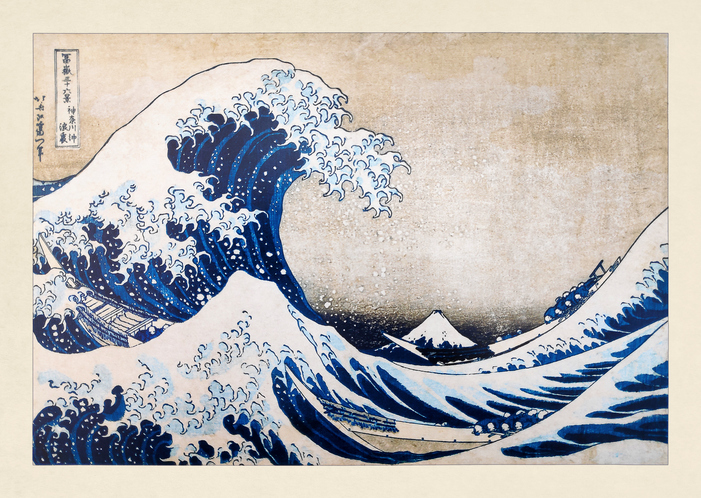[ad_1]

Individuals who mature up talking English under no circumstances have to worry about a single of the odder parts of our grammar: noncount nouns (also called mass nouns).
These are text like sand or butter that never have common plural forms, do not use indefinite content like a or an, and take singular verbs (“the butter is melting” “sand blew into his face”). The plan is that this type of term notionally are not able to be counted even however sand is created up of numerous small areas, when we say “sand,” as when we say “water,” we indicate an uncountable mass (not like, say pebble or snowflake). They are modified by phrases like more, much, most, and some. You simply cannot say “a number of sand” or “I want many h2o,” for illustration. A French man or woman would say “I want to get my hairs minimize,” which may audio humorous but is logical. English grammar is not determined by logic.
Mass nouns are distinctive from zero plural nouns, for which the plural is the very same as the singular: deer, sheep, trout, shrimp, offspring, series, Japanese. Right here are a handful of illustrations of mass nouns: air, products, dust, hair, visitors, milk, home furniture, applause, baseball, photography, damage. These terms really do not just take the regular plural -s or -es ending—except often.
Some mass nouns have plurals that are like tuxedoes: only taken out on unique events. Their really oddness conveys an rapid being familiar with that some thing various is being expressed—often a thing far more figurative or poetic:
The waters of March
The sands of Iwo Jima
The snows of yesteryear
The labors of Hercules
Blue skies
One particular of the most popular examples of this exclusive literary plural is loaves and fishes. The true line from the 1611 King James Bible is “And they say unto him, We have listed here but five loaves, and two fishes.” Indeed, a lot of occasions of the plural of fish are rendered as fishes in this translation of the Bible, as effectively as in the 1599 Geneva Bible. These cases replicate literal translations of the plural (not mass noun) of fish in Greek. Waters is also regularly made use of as the plural of water in these early English editions of the Bible.
Fishes can also be employed when speaking about more than one particular unique kind or species of fish, as in “all the fishes of the sea.”
Pluralizing of mass nouns is also occasionally found in academic language it brings a official tone to the creating and draws consideration to by itself through its big difference from the standard or expected grammatical type, and enables for distinctions to be designed in disciplines these types of as musics or literatures. If you turn out to be acquainted with this refined plural convention, you will have just one additional way to reveal all your learnings.
Abide by Peter Sokolowski, editor-at-substantial for Merriam-Webster, on Twitter @PeterSokolowski
[ad_2]
Resource url




More Stories
There is Life After School Leadership — TTT4U
How to use Notion
A growing number of Americans are questioning the value of going to college